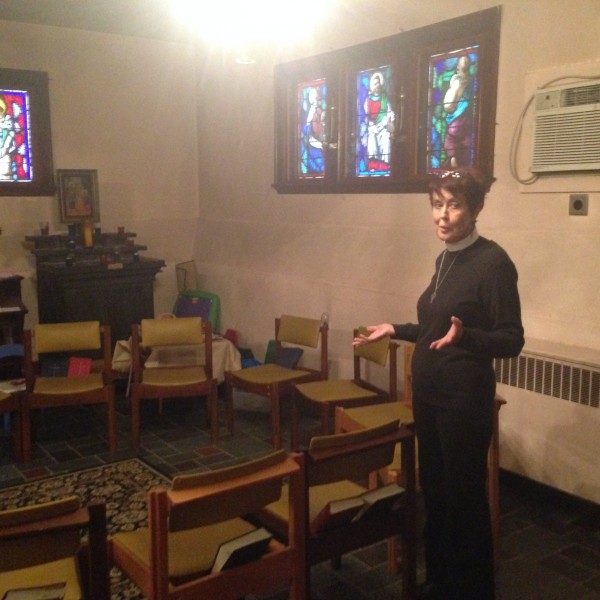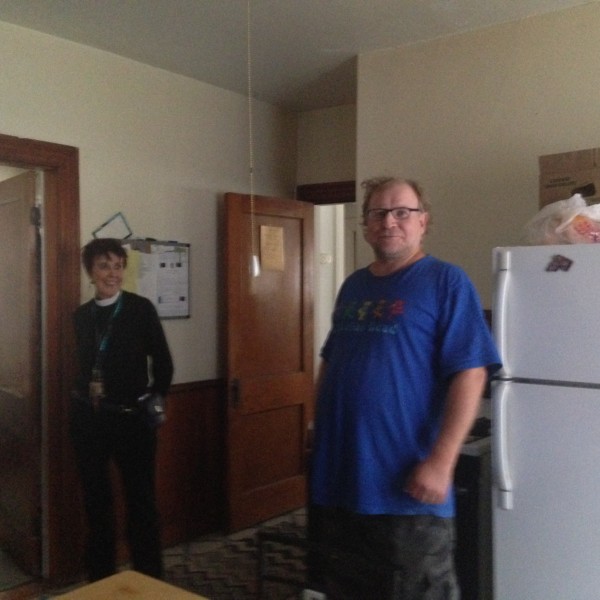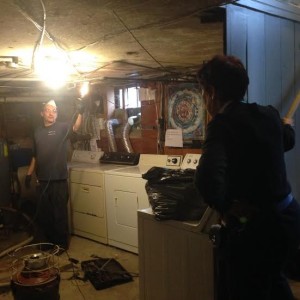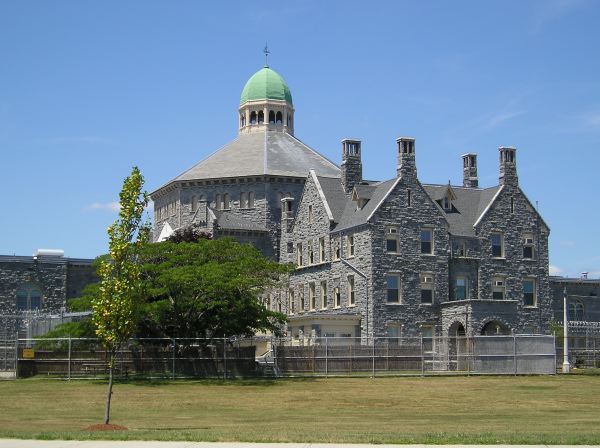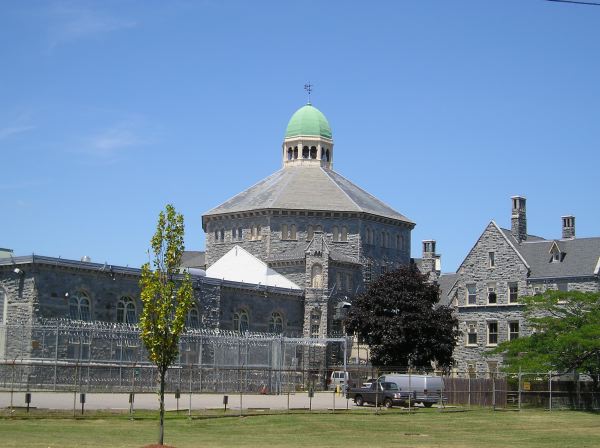This year Rhode Island’s Future is going to host a fortnightly column called Another World Is Possible. Using the popular socialist slogan as our guide, we are going to create twelve articles that deliver an in-depth description of what a socialist world would look like. There are plenty of writings on the internet that explain all sorts of theoretical positions on any variety of socialism, but we want to go to the next level and suggest the laws and social practices that can and should be enacted to bring the Ocean State to that point within our lifetimes.
This year has seen an upsurge of angst in the public sphere surrounding the police. Whether discussing overt police violence (the militarization of the force, the prison-industrial complex, ethnic profiling) or covert violence (the revelations about domestic spying by the NSA via the internet), we are seeing a fantastic debate that has not existed in the mainstream for a generation.
I want to begin this essay with first a rebuttal to the classical liberal/libertarian-capitalist critique of the police, a discussion which I find to be logically deficient in a key aspect. Then I want to offer a discussion of what an alternative would be in a socialist world. I chose to deal with this topic as my opening discussion so to both identify a key point in our society in need of radical reformation while also negating any accusations of Utopian fantasia at the outset.
The typical liberal/libertarian-capitalist critique of the police has always been one based around notions of autonomy and liberty. There are certain Libertarian Party members today who are fantastic in civil rights issues and have great stances on rejection of racism, sexism, and homophobia. They link the rejection of the police to these struggles and will say police target minorities as the state will target women seeking abortion care or queer people engaged in consenting activity, ergo we need less government, beginning with the police.
But what this argument fails to grapple with is the fact police do not exist to protect and serve the people, just as the state in the capitalist world fails to stand of, for, and by the people. Instead, the state and the police that protect its existence are created to protect property. In this sense, the taxpayer always is secondary.
It is also important here to articulate the fact that the greatest trick played on the American worker was the notion of class mobility and that somehow they were members of the middle class. In the post-World War II period, when the Baby Boom and the Keynesian economic heyday was in full force, returning white GIs had the various veterans benefits to depend on to help them pay for a house and hold down a good job (I say white because veterans of color were barred from these benefits in many cases, causing a huge level of structural racism to continue). These vets were made to think that, because they could afford a piece of property to shelter their 2.5 children and go on holiday in the summertime, they were now on the same economic footing as the European middle class.
That is the most brilliant delusions in human history. It is why America has never had a successful socialist movement and why Western Europe’s Communist parties were never successful in parliamentary politics.
Prior to the World Wars, when this delusion began, the middle class was a social group composed of the small business owners who depended on inherited wealth to maintain their social standing. Class mobility was impossible and one did not move out of the working class unless you met Prince Charming and married up, as it was called.
The Marxist Internet Archive defines the middle class in these terms:
[The] Petit-bourgeoisie, the “little people”, who like the proletariat, do real work (private labour), but possibly also employ wage-workers, thereby sharing social interests with the bourgeoisie, but being “little people” are constantly being “done over” by the big firms, and frequently find themselves thrown into the ranks of the proletariat… Bourgeois sociology determines class differently: when people are asked which class they are, the majority always reply “middle class”, just as people used to think the Earth was the centre of the Universe and “the truth lies in the middle”, etc., etc. Despite the fact that identity is often middle-class, class-consciousness among the middle-class is almost a contradiction in terms, as people finding themselves located in the middle, usually identify themselves with one side or the other when it comes to politics.
In the epoch of neoliberalism, we have seen the myth of the middle class break down and the advent of neoclassical economics has recreated the class bifurcation between the bourgeoisie and the proletariat. As a result, we have also seen the growth of the prison-industrial complex which is the vanguard of property rights.
As such, we need to radically redefine our ideas about what the police are for and what is to be done with prisons.
In terms of the police, we must redefine their role in our community, a move which requires a radical reformulation of the curriculum of the police academies. Instead of being protectors and servants of property, they must become facilitators and provide assistance to the people. This sort of logic would see communities controlling their own well-being in a democratic fashion while putting our police forces through a massive demilitarization. There are some instances when police can have some benefit for a community, as in the case when a police officer acts as a crossing guard near a school or directs traffic at a busy intersection. But the dynamic of having a militarized police force has no place in our civil society, it only invites strife.
In terms of what is to be done with prisons, in the black radical tradition, the finest strand of socialist thought in American history, the guidance is to be taken from the prison abolition movement. Here is Ruth Gilmore Wilson explaining the basic logic of the prison abolition movement.
The first step to enact this in Rhode Island is to eliminate the profit motive with the Adult Correctional Institute. According to Human Rights Watch, the inmates at the ACI produce the following:
The industry program in Rhode Island manufactures or performs services related to auto body repair, quick copy, residential/household/dormitory furniture, seating, signage, flags, metal and wood furniture refinishing, janitorial supplies, paint, panel systems, license plates and printing. Work crews are also available to perform the following services: moving; grounds maintenance; exterior and interior painting; rug shampooing; building cleaning; litter cleanup and floor stripping. [Emphasis added]
By replacing the unionized work force that would perform these tasks with cheap laborers provided by the prison, the judicial corrections system ceases to function as a correctional mechanism at all and instead destroys any potential for the recreation of an economic base in Rhode Island. It also adds a motivation to the arrest of individuals that, when combined with the racialized nature of American culture, recreates that chattel slave caste system that our nation had a Civil War because of.
At this point in time, it is clear that the prison must be abolished and that it is worthwhile to support these efforts so to one day reach another world. To achieve this, the Providence Industrial Workers of the World have recently begun efforts that readers are encouraged to engage with. They can be contacted at Providence@IWW.org with an e-mail subject line of Incarcerated Worker Organizing Committee, or IWOC. For more information about these efforts, visit the IWOC webpage at https://iwoc.noblogs.org.





